Saint of the Day – 5 January –S aint Syncletica (c320-c400) Virgin, Anchorite, Mystic, Spiritual Guide, Abbess in the Sketic Desert? Name means: “the chosen one” (From the Greek). Syncletica was born around 320 in Alexandria in Egypt and died there of natural causes in around 400. Patronages – against bodily ills, against loss of parents, against temptations, of the ill, of single laywomen. Also known as – Sincletica.
The Roman Martyrology reads: “St Syncletica, whose noble deeds have been recorded by St Athanasius.”
According to tradition, Syncletica came from a rich and pious family and is reputed to have been very beautiful. From childhood, however, Syncletica was drawn to a life of holiness and piety. She rejected several marriage proposals for she wished to lead a virtuous life devoted to her heavenly Spouse alone.
After the death of her parents, she distributed her inheritance to the poor and with her younger blind sister, Syncletica abandoned the life of the City withdrawing into a cave as a Recluse. Her holy life soon gained the attention of locals and, gradually, many women joined her to live as her disciples in Christ, teaching them the ascetic way of life.
She was mystically gifted. At the end of their lives, the tempter asked God for permission to test them – just as he had done with Job. Syncletica was tormented by many sufferings but despite her old age, she remained steadfast in her faith and asceticism until she died at the age of 84.
About 40 sayings have been preserved of and about Syncletica. Her life story probably dates to the 5th Century.
We are exposed to many temptations in life. Syncletica advises how we should deal with them:
“The devil’s snares are common. If he cannot dissuade the soul through poverty, then he brings wealth as a lure. If he cannot do anything through disgrace, then he withholds praise and honour from her. If he has to accept defeat through health, he makes the body sick. If he cannot deceive with his desires, then he tries to bring about a change through unwanted efforts.
He brings about certain very serious illnesses if he is allowed to, in order to darken the love of God in those who become faint-hearted. Then the body is worn out by the most violent fever and is harassed by unbearable thirst. If you, as a sinner, have to endure this, then remember the coming punishment and the eternal fire and the torments inflicted by the Judge and do not be discouraged because of the present.
Rejoice that God has visited you, and have that sweet word on your tongue – God has chastened me but has not delivered me to death (Psalm 117:18).
You were like iron but with fire you burnt away the rust but if you, as a righteous person, fall into sickness, you will progress from greatness to greaterness.
You are gold but through fire you become even more proven.
An Angel has been appointed to you for the flesh (2 Corinthians 12:7).
Be happy!
See who you have become like!
For you were worthy of the lot of St Paul . …
In such exercises let us form our souls. Because we see the enemy before our eyes!” (Compiled by Abbot em. Dr Emmeram Kränkl OSB
Benedictine Abbey Schäftlarn – for the Katholische SonntagsZeitung).








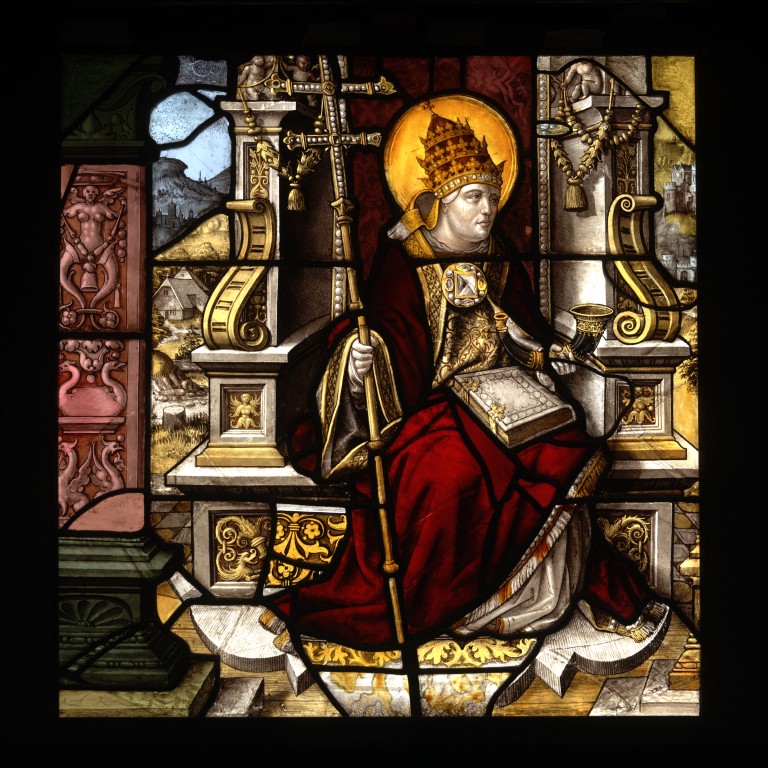

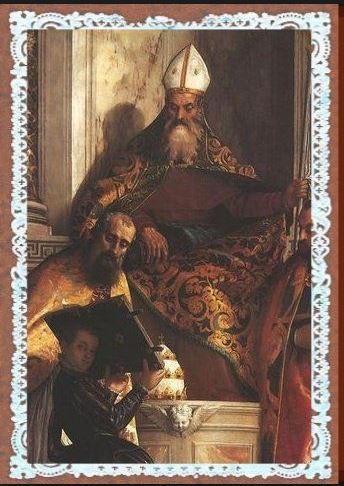



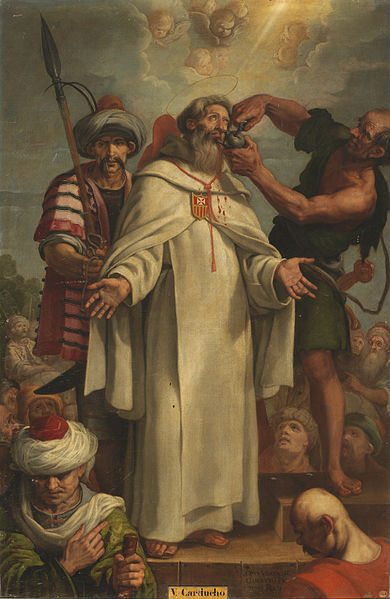



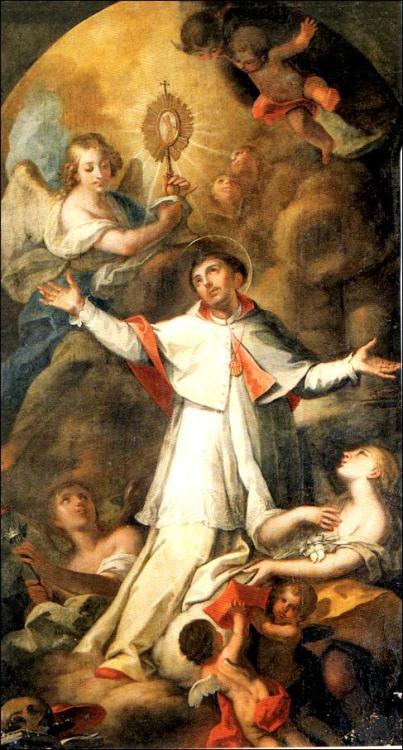

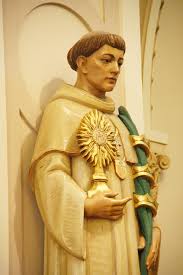

You must be logged in to post a comment.